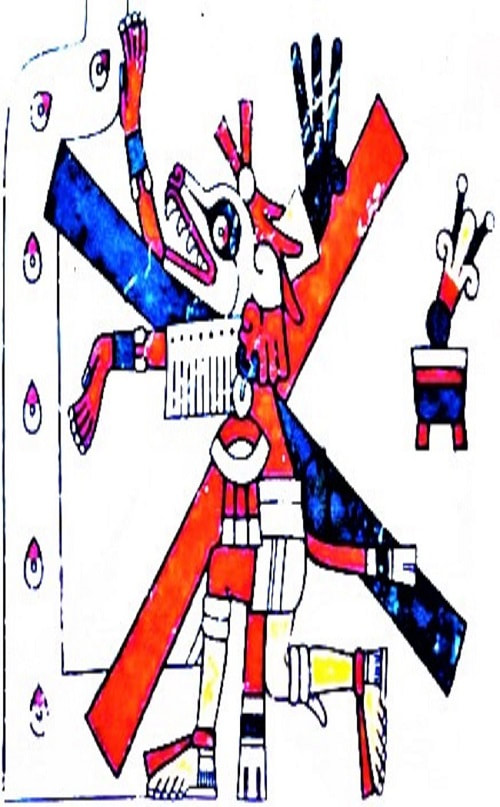|
There's a raging debate about the terms we use to identify ourselves with. Currently there is a movement to include the letter X at the end of Spanish language terms like "Latino/a" or "Chicana/o". Spanish highlights the binary view of gender. Use of the X in place of the "a" and "o" eliminates the problem of non-inclusiveness of people who do not agree nor identify as simply male or female.
I have had a hard time processing the proposition of these new terms to replace established forms. Not because I identify with being Latino or Chicano exclusively. Nor is it because I am a purist. Far from it. I believe in the fluidity of identity, language, culture, and most things that in combination make up the individuals and, therefore, societal groups' idea of self across the world. My problem with the terms replacing the last vowel with X are that they only address the gender questions and not the equally (if not more so) important questions of "colonized" identities. I believe that if we were to truly address the roots of some of our identity issues they would boil down to a nonconformity with the way we as individual hetero-homo-other-sexual beings have been defined by a cultural tradition with limited scope and understanding of the vast possibilities of human identifiers; conceptualizations of the self which, some have argued, were present in the Americas before the arrival of the first Europeans to the continental mainlands, which were the Spanish wanderers and eventual first European colonizers. Essentially, placing an X at the end of these prescribed terms is an ineffectual solution to the problem. I propose the sole use of the X itself to refer to oneself or to others like us. In that way we eliminate the gender-confining use of the "a" and the "o" while at the same time doing away with the overt link to the Latinized influence of our past. This is, of course, impossible to completely erase because many of us still use romantic languages such as Spanish. But it would be a better, less confusing, more effective start. Malcolm X (whose birth name was Malcolm Little) supposedly changed his last name to "X" because it was a statement addressing the idea that he had lost his original African true name, which had been replaced with a slave owner-given last name. In essence, from what I gather, the X represents his original last name being canceled, extinguished, or exed-out. So, too, have the purported American Native views of the non-binary forms of being been exed-out through colonization. So, therefore, I again argue that the true problem here is not the binary versus non-binary question alone. The root of it is the colonized mindset which affects all other aspects of the self at the individual and collective levels alike. I had not reflected upon this topic for a while, although I have grappled with it from time to time. But today I saw a post on social media based on an article online which brought me right back to this question. The person who posted the article posed a very thought-provoking question asking: "Why is the X pronounced as X in English pronunciation and not x in Spanish ("silent" j, as in Oaxaca) if the rest of the word is pronounced with Spanish pronunciation (which seems logical) although I have heard a few mostly "Anglo" commentators saying LatinX as in the ancient language...which really feel like screeching chalk on chalkboards (yeah, I know some of you don't remember) (I'm trying hard to feel right about using "Latinx" but it bugs me every time I hear it pronounced as "X/eks" and I think this is part of why, (plus it represents the bigger issue of trends that seem to ignore inconvenient historical context & implications) Really, I just want an explanation of the pronunciation, because maybe there is something I am not taking into consideration here." I would like to know where you stand on this topic. Post a comment or send me an email to [email protected]. To see the article in question, CLICK HERE.
0 Comments
|
GABRIEL
|



 RSS Feed
RSS Feed
